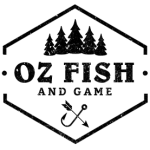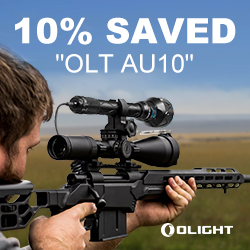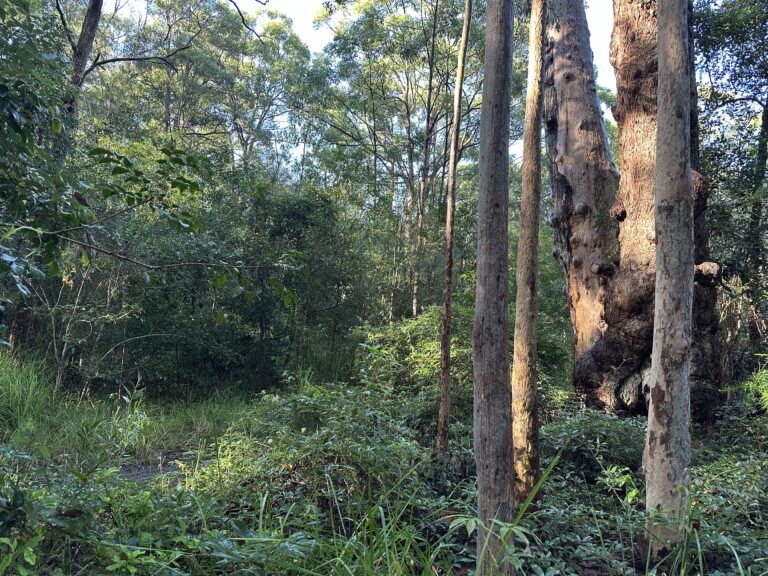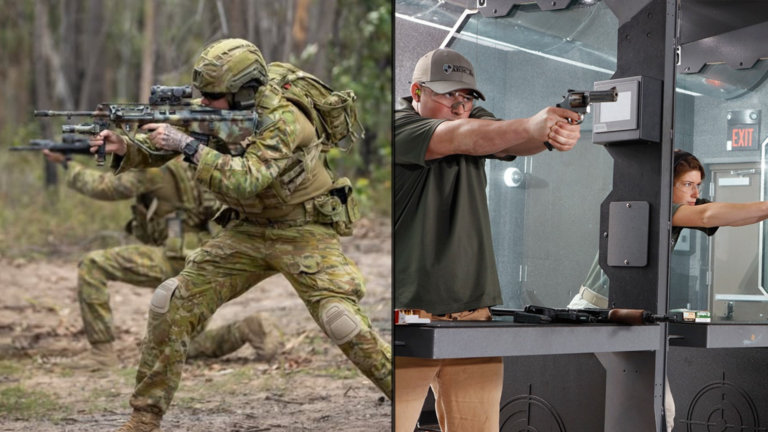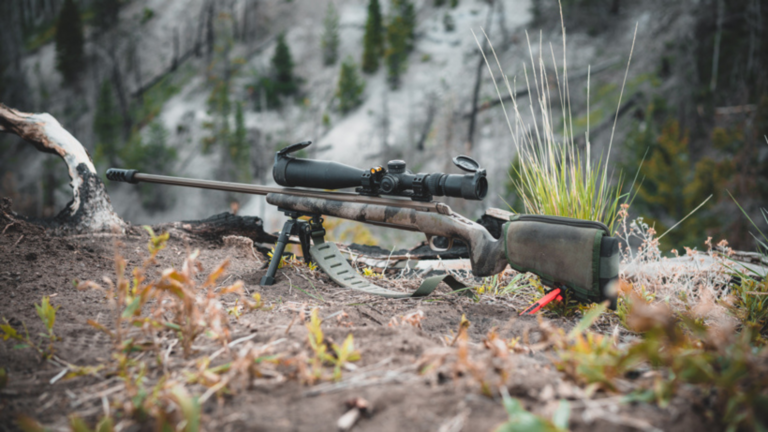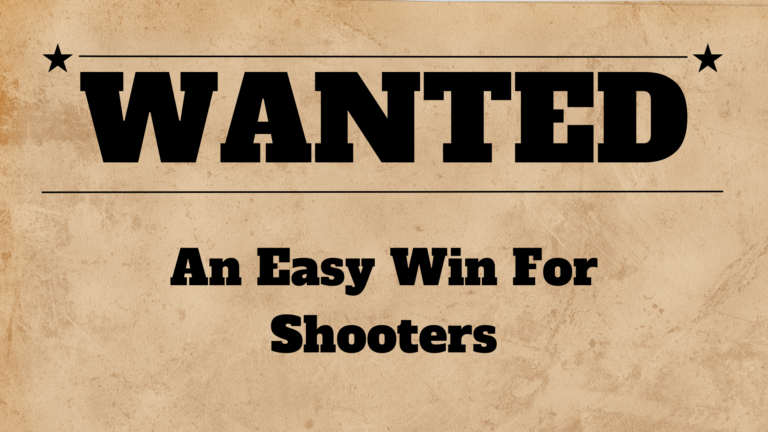Are you a new hunter in NSW? Do you want to hunt native game birds, or access public land hunting opportunities? Well, you’re going to need a recreational hunting licence. The two most common are the General (G) licence and the Restricted (R) licence. In this guide, I’ll discuss the differences between them and help you to decide on which one to choose.
General (G) licence
The General licence allows a recreational hunter to hunt game birds on private property in NSW. This includes native species that fall under the Native Game Bird Management Program. To participate in this program, you must have written permission from the landowner or manager, hold a valid licence, and pass the Waterfowl Identification Test (WIT).
Feral animals do not require a hunting licence when targeted on private property. However, it is recommended that you hold a valid licence to be covered by Public Liability insurance. The topic of insurance is covered in greater detail later in this guide. Please note, a G-licence does not allow you to hunt on declared public hunting land.
Do I need a G-licence to hunt deer on private property?
Before September 6, 2019, all species of deer in NSW were classified as game animals under the Game and Feral Animal Control Act. This means that deer were considered to be an important species that was recreationally hunted for food, sport, or trophies. As part of this game classification (circa 2002), additional rules were in place which included; bag limits, bans on night hunting, and closed seasons to allow deer to reproduce. In conjunction with this new classification, the Government introduced a new licencing requirement – The G-licence. The aim of this licence was to ensure that hunters were educated on the sustainable harvest of these animals while hunting on private property.
Due to rapid population growth, the classification of deer has since changed from game animal to feral (or pest) animal. The objective of this classification change is to heavily reduce the population of deer, to assist land managers with biosecurity and resource management, and to reduce the potential for interaction between deer and the general public (i.e. car accidents). As a result of this reclassification, a G-licence is no longer required to hunt deer on private property.
Note: The classification of deer is reviewed once every 5 years. Therefore, the G-licence requirement may be reintroduced for hunters who pursue deer on private land, in the future.
Types of General licence
General (Standard) – A licence for recreational hunters – i.e. most people.
General (Guide) – A licence for hunters who are paid to escort, assist, and educate other hunters.
General (Visitor) – A licence for hunters that reside outside of Australia and wish to pursue local hunting opportunities while visiting our country.
Restricted (R) licence
The Restricted (R) licence provides a recreational hunter with all of the benefits of the General (G) licence. In addition to this, it allows the hunter to access declared public hunting land and the NSW hunting ballot system.
Where can I hunt?
There are a large number of state forests available for hunting in NSW. Each forest requires an online booking a minimum of 24 hours before the start date of your hunt. This will allow forestry staff the opportunity to be notified of your presence in the area. For further information on which forests are available, click the link below.
https://www.dpi.nsw.gov.au/hunting/where-can-i-hunt
Note: Strict rules apply to hunters in ALL state forests. The rules may differ between region and are subject to change without notice. Always review the ‘written permission’ PDF document after booking in your hunt to confirm your responsibilities.
What is the ballot system?
Some NSW State forests are more popular than others. Bookings in these forests can be hard to secure, especially during the peak hunting season known as ‘the rut’, or ‘the roar’. During this time, the deer are more focused on finding a mate for breeding. As such, they are more susceptible to being ‘called in’ by hunters, and tend to be less skittish due to increased hormones in the body. This is especially true for ‘bucks’, or male deer. While the rut occurs at different times each year, and can vary in each region. It’s generally referred to as the period extending from March to April. To ensure fair access to hunters during this time, an annual ballot is held to randomly select which hunters can access these most popular forests.
To enter the ballot, a NSW R-licence holder must access the link on the NSW DPI hunting website (or through their affiliated Facebook page). This link will be accessible around November/December each year. Successful entrants will be notified in January/February of the following year.
Balloted state forests:
- Maragle South State Forest
- Mannus State Forest (Seymours section)
- Mannus State Forest (Bow hunting only)
Types of Restriced licence
Restricted (Standard) – A licence for recreational hunters – i.e. most people.
Restricted (Guide) – A licence for hunters who are paid to escort, assist, and educate other hunters.
Restricted (Visitor) – A licence for hunters that reside outside of Australia and wish to pursue local hunting opportunities while visiting our country.
Public liability insurance
Every Restricted (R) and General (G) licence comes with $25 million public liability insurance through Marsh Pty Ltd. The policy covers legal liability to third parties for bodily injury and/or property damage up to the value of $25 million.
Holders of standard Restricted and General licences are covered when hunting any species listed in the Game and Feral Animal Control Act 2002 on private land Australia-wide. Restricted licence holders are also covered when hunting under the terms of their licence on public land in NSW.
My licence recommendation
In my opinion, the G-licence is a redundant category of hunting licence. Unless the population of deer is drastically reduced, there’s very little – if any, chance that deer will ever be reclassified as a game animal. Therefore, the only practical use for this licence is hunting waterfowl on private land. If you’re already going to the effort of undertaking a training course, you might as well take the extra 30 minutes and complete an R-licence course instead. The licence fee is the same regardless of which licence you choose and the access to public land alone is worth the effort!
Based on this recommendation, the remainder of this article will contain information that is specific to the R-licence.
NSW Restricted (R) Licence – Training information
What do I need to apply for an R-licence?
R-Licence applicants must:
- Be over 12 years old
- Be a member of an Approved Hunting Organisation (AHO)
- Become accredited for one or more of the R-licence categories:
- Firearms (rifle, shotgun, and black powder)
- Bows
- Dogs (Bird dogs, Pig dogs, etc)
- Have parent or guardian approval if over the age of 12 and under 18 years.
- Pay the licence fee.
Approved Hunting Organisations (AHO’s)
Before qualifying for an R-licence, you must become a member of an Approved Hunting Organisation (AHO). You are required to maintain this membership for entire duration of your R-licence period. There are approximately 200 AHOs registered in NSW. My recommendation is that you choose one based upon your chosen hunting activity, and more importantly, how much effort the club puts into supporting the hunting community. Proof of this membership must be provided to the Game Licencing Unit when submitting your application for a licence. It is also required when renewing your licence.
Training FAQs
How long will the course take?
The course will usually take 1 hour to complete. However, the length may fluctuate depending on the amount of pre-reading you have done and how quickly you can absorb the course content.
Do I need to study beforehand?
Pre-reading the course material is highly encouraged. However, it is not a formal requirement. All necessary information should be provided to you during your training session.
What’s involved in the test?
All NSW R-licence applicants must complete a test that involves –
- General knowledge – Thirty (30) questions.
and an additional number of questions per category chosen –
- Firearms – Fifteen (15) questions.
- Bows – Ten (10) questions.
- Dogs – Ten (10) questions.
Note: At least one of the hunting methods above must be chosen to complete the minimum requirements of the NSW R-licence training course. Licence holders are only permitted to hunt in a state forest with the method(s) completed as part of this training.
How many attempts do I get?
Each applicant is given two (2) attempts to pass the test. If you are unsuccessful, you will need to sit the course a second time and reattempt the test.
Language translators
A translator is welcome to assist you during your training course. However, they are only permitted to explain the test questions to you. They are not able to provide you with the answers.
My licence has expired, do I need to re-sit the course?
No, you are not required to re-sit the test. You can renew your licence online, through NSW DPI online services.
Submitting your application
Once you have completed the course requirements, you need to apply for an R licence through the NSW Department of Primary Industries website. Your application must contain:
- a completed and signed R-licence application form (PDF, 125.44 KB)
- a hunter accreditation form (given to you by your trainer)
- proof of your membership with an AHO (i.e. club membership card)
- proof of senior or junior concession (if applicable)
- payment – credit card, cheque, or money order.
Applications not containing all the required information will be returned to the applicant.
NSW R-licence fees*
- 1 Year – $75
- 2 years – $145
- 3 years – $210
- 4 years – $270
- 5 years – $325
Note: The prices listed above DO NOT include the course training fee. A concession rate of the above fees is available for minors (under 18 years) and pensioners (holding an appropriate card).
*The prices listed above were current as of 17th July, 2024.
Information for Aboriginal people
If you are an Aboriginal person, you are exempt from the NSW game hunting licensing provisions, provided that:
- You are hunting a game animal that is pursuant to a native title right or interest, and that is the subject of an approved determination of native title or of a registered native title claim, and/or
- You are a member, or in the company of a member, of a Local Aboriginal Land Council, and you are undertaking traditional cultural hunting in the Council area.
The Game and Feral Animal Control Act 2002 does not affect the operation of the Commonwealth Native Title Act 1993, or of the Native Title (New South Wales) Act 1994, in relation to the recognition of native title rights and interests within the meanings of those Acts, or in any other respect.
Game Licencing Unit (GLU) contact details
For more information on any of these licences, including any exemptions or restrictions which may apply, please contact DPI’s Game Licensing Unit at 02 6363 7650, or [email protected].
Are you looking for a training provider?
If you’d like to undertake one of our NSW R-licence training courses, send an expression of interest to [email protected], or follow the Oz Fish and Game Facebook page for future training dates. We offer two types of training; face-to-face courses in Newcastle NSW and online training courses via Microsoft Teams.
